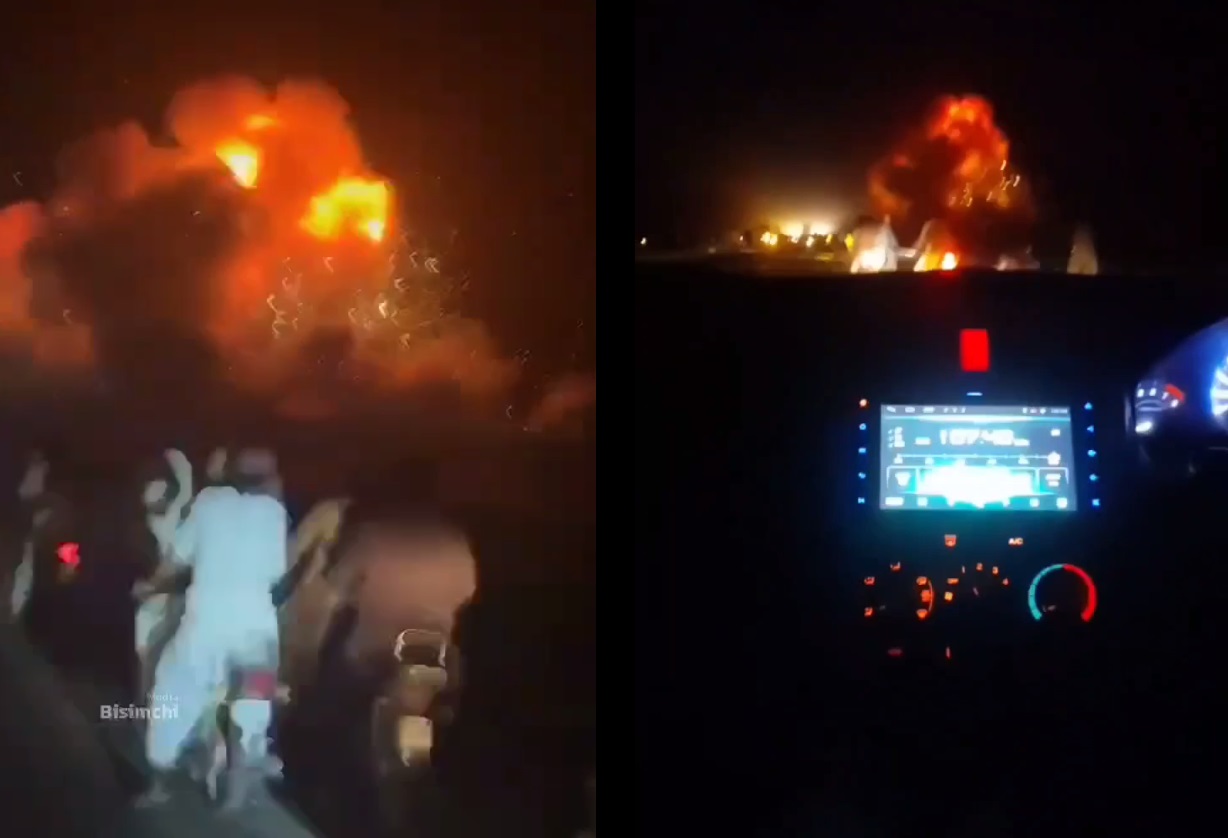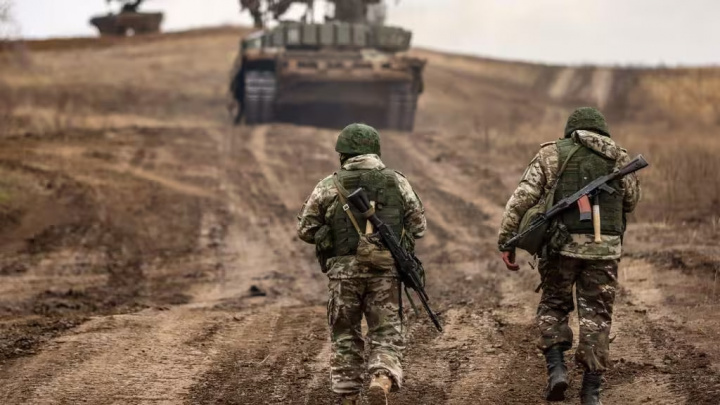India strikes Pakistan, raising fears of escalation
India has carried out a series of targeted strikes on locations in Pakistan and Pakistan-administered Kashmir, two weeks after a deadly militant assault on tourists in Indian-administered Kashmir. The military operation, dubbed Operation Sindoor, was described by India’s Defense Ministry as a mission to bring those responsible for the April 22 attack to justice.

Photo: Frame from the video
The assault in the popular resort town of Pahalgam killed 26 people, including 25 Indian nationals and one Nepali citizen. Survivors said the attackers appeared to be singling out Hindu men. The attack was the deadliest on civilians in the region in two decades and triggered widespread outrage in India.
Indian strikes and Pakistani response
India said it targeted nine sites in the early hours of Wednesday, which it identified as "terrorist infrastructure" used to plan and coordinate attacks. According to Indian officials, the strikes were precise, focused, and deliberately avoided Pakistani military installations to avoid escalation.
However, Pakistan has rejected India’s version of events, calling the strikes “unprovoked aggression.” Its military claimed the Indian strikes hit civilian areas in Muzaffarabad and Kotli in Pakistan-administered Kashmir, and in Bahawalpur, Punjab province. Defense Minister Khawaja Asif stated that India’s claim of targeting terrorist camps was “false.”
Pakistan’s military also said it had shot down five Indian aircraft and a drone, although India has not yet commented on those claims. According to Pakistani officials, at least 26 people were killed and 46 injured in the strikes. Meanwhile, India reported that Pakistani shelling in Indian-administered Kashmir killed at least seven civilians.
Rising tensions after deadly attack
The April 22 attack in Pahalgam has significantly heightened tensions between the two nuclear-armed neighbors. Indian Prime Minister Narendra Modi vowed to bring the attackers and their planners to justice, stating they would be “punished beyond their imagination.”
While India has not publicly named the group behind the Pahalgam attack, Indian police have claimed that at least two of the militants were Pakistani nationals. New Delhi has accused Islamabad of harboring and supporting militant groups – a charge Pakistan firmly denies.
In the days following the attack, the two sides engaged in diplomatic tit-for-tat measures, including expelling diplomats, suspending visa services, and temporarily closing border crossings. Many analysts anticipated a cross-border military response similar to India's retaliatory actions following previous attacks.
Kashmir’s longstanding volatility
Kashmir remains a deeply contested region, claimed in full by both India and Pakistan but split between them since the 1947 partition. The region has sparked two wars between the neighbors and has been the focal point of repeated militant violence.
Indian-administered Kashmir has experienced an armed insurgency since 1989. The April attack was the first major civilian massacre since India revoked Article 370 in 2019, which had granted the region a degree of autonomy. Following the constitutional change, militant activity had decreased, and tourism had increased sharply.
India’s latest operation evokes memories of past escalations. In 2016, India launched “surgical strikes” across the Line of Control after 19 soldiers were killed in Uri. In 2019, a suicide bombing in Pulwama, which killed 40 Indian paramilitary personnel, prompted airstrikes deep inside Pakistani territory – a move not seen since the 1971 war.
Though such events have not yet led to full-scale war, the international community remains concerned. UN Secretary-General António Guterres has called for “maximum restraint,” and U.S. President Joe Biden has urged both sides to de-escalate the situation quickly.
Related News

13:43 / 24.07.2025
India advises students not to enroll at Tashkent Medical Academy’s Chirchik branch, Academy responds

12:04 / 18.07.2025
Uzbekistan, Afghanistan, and Pakistan agree to develop new railway corridor

11:47 / 18.07.2025
Uzbek national recruited by Wagner convicted upon return

14:01 / 07.07.2025



